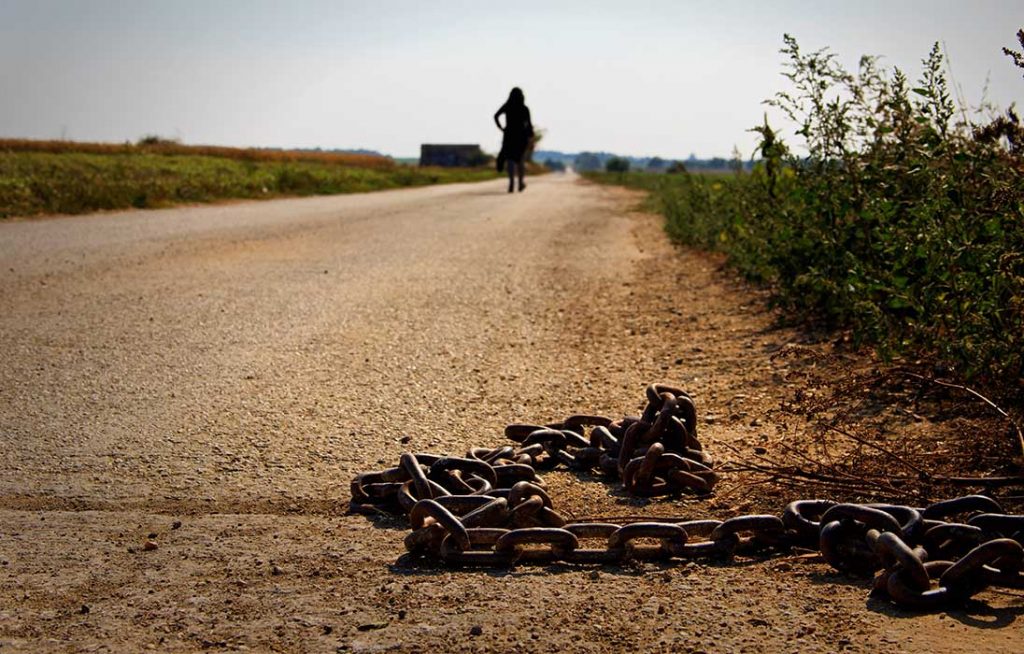The factory work with an NGO who operates in the district of Tamil Nadu in southern India, they work with the NGO to give employment to women who have been victims of sex trafficking, and help to rehabilitate them to prevent them from being re-trafficked. The factory also train their employees to understand what sexual harassment looks like to prevent any within their facility. Only with training and education can we eventually eradicate this behaviour. The factory are using a gender lens to expose the issue of women’s treatment in their country and help to give women equal opportunities.

Bags By Shaye are committed to eradicating Modern-Day Slavery within its supply chain. We have included the responsibility of ensuring that there is no Modern-Day Slavery within our supply chain by including this in our Supplier Code of Conduct. It sets out clear objectives of what we expect from all companies within our supply chain.
Our Framework
- Relationships: Strengthening our supplier engagement process
- Feedback: Establishing grievance mechanisms and channels for individual worker feedback
- Knowledge: Improving our knowledge base by collecting relevant data and improving product traceability
- Third party engagement: Building strategic alliances with independent social auditors, unions and NGOs
- Measurable change: Developing verifiable KPIs to measure progress
- Supplier collaboration: Encouraging suppliers to collaborate to address slavery and human trafficking issues
- Incentivisation: Developing mechanisms to incentivise employees and suppliers to address slavery and human trafficking and improve labour standards
- Accountability: Establishing a framework for organisation accountability to allow for raising issues, making suggestions, voicing grievances and reporting slavery and human trafficking
Due diligence procedures
We understand that our biggest exposure to Modern Slavery is in our product supply chains, where we have undertaken activity over the last decade to minimise the risk of Modern Slavery. Within these areas, new suppliers and factories/sites are subject to due diligence checks in the form of ethical/compliance audits. Such audits are also regularly conducted for existing suppliers and factories/sites. These audits assess compliance with the Global Sourcing Principles and are, amongst other things, intended to identify any Modern Slavery practices. If issues are identified, appropriate investigative and remedial actions will be taken.
Key performance indicator
In order to assess the effectiveness of our modern slavery measures we will be reviewing the following key performance indicators:
- Staff training levels
- Number of slavery incidents reported in the supply chain
Training available to staff
A key part of our slavery and human trafficking strategy is to promote cultural change through training. This last financial year we:
- Delivered online training modules on modern slavery to all staff
- Ran 2 training seminars for our suppliers’ factory managers
